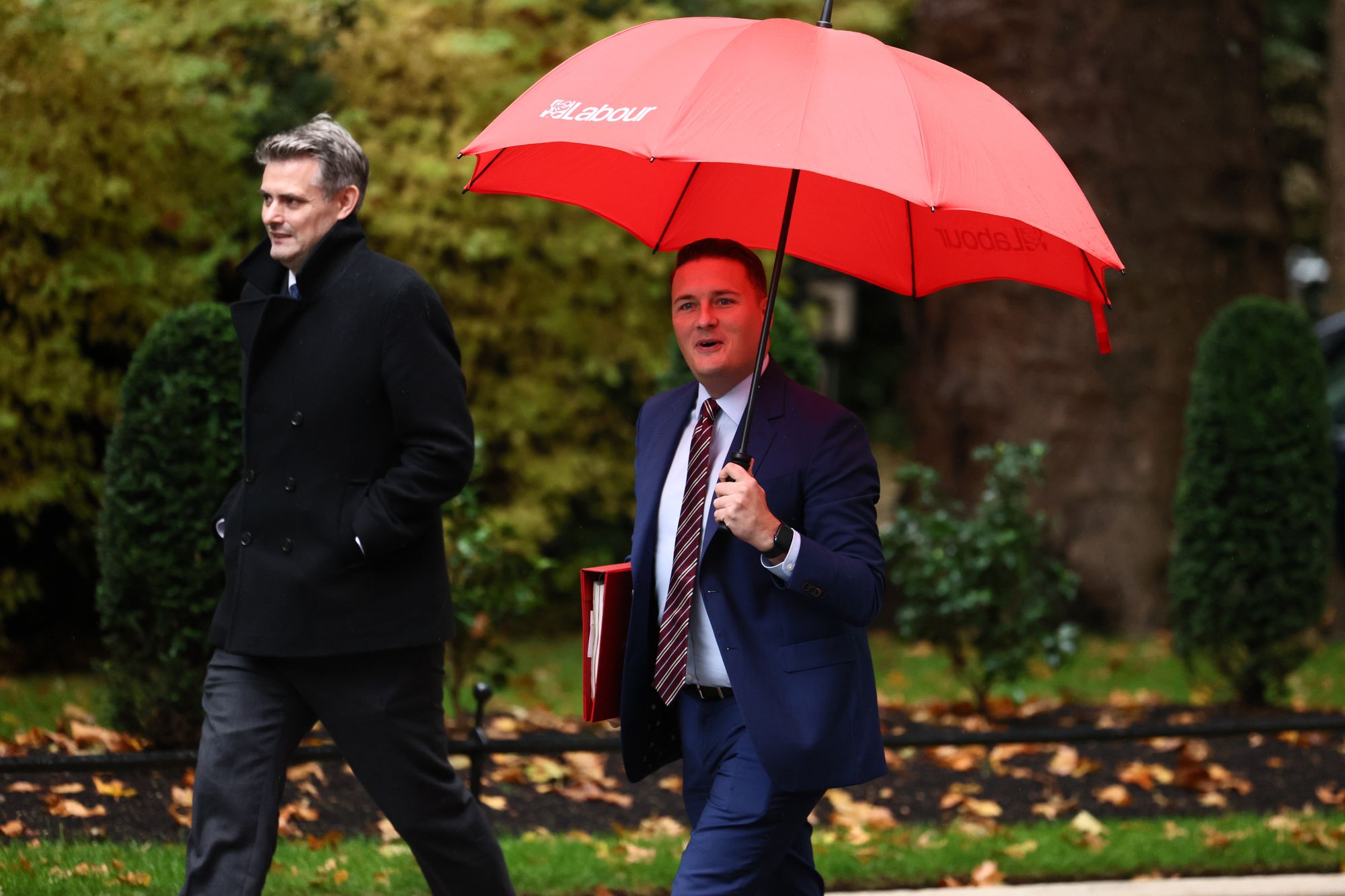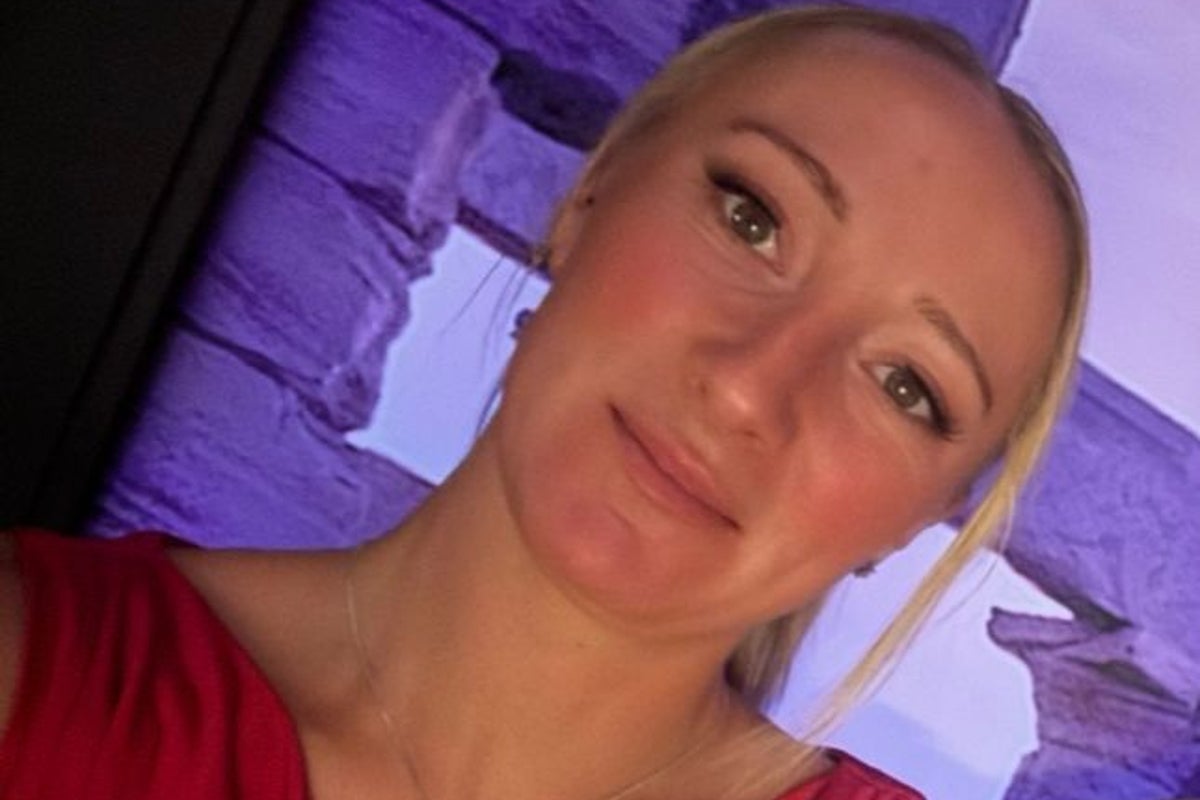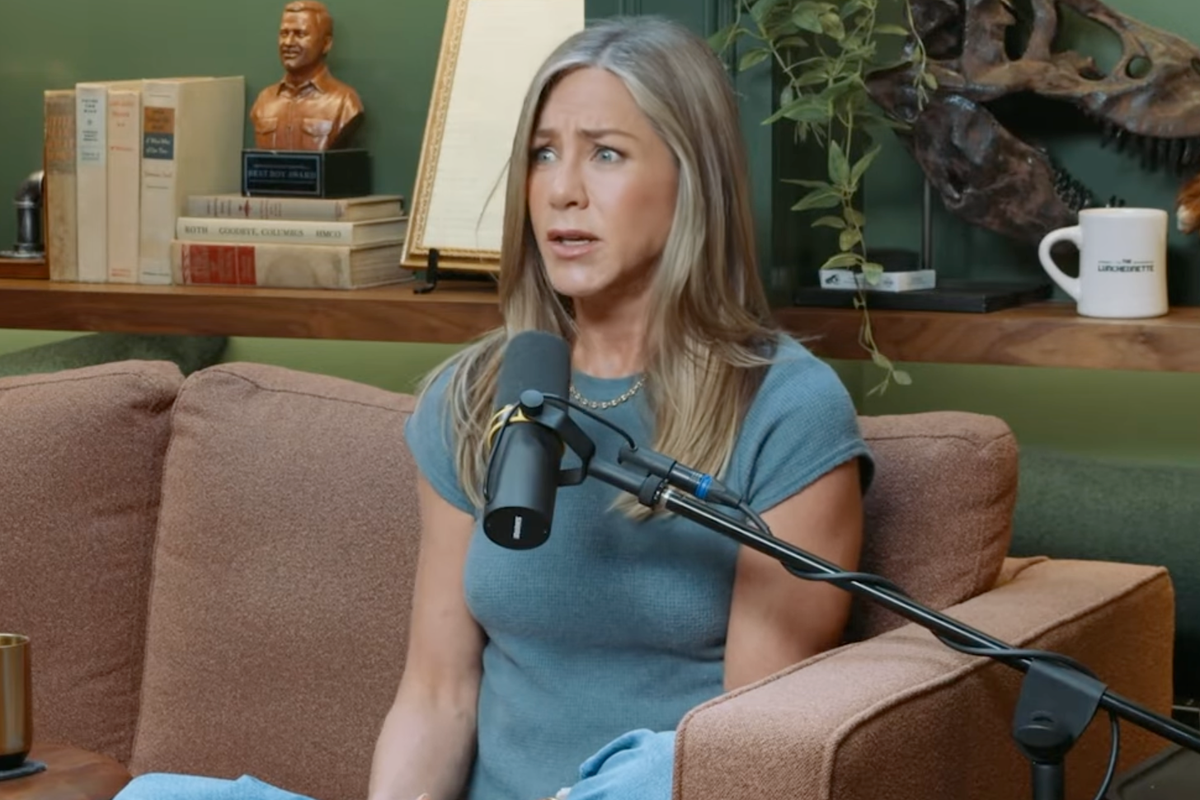When Lucy Bradley logged onto her NHS app to find out the results of her latest blood test, she never expected to learn she was suffering from a life-changing kidney condition.
The 29-year-old was alone at her home in Hemel Hempstead, Hertfordshire, when she read on her app that she had stage three kidney disease – a condition she did not even know she was being tested for.
Ms Bradley, who had recently had a baby, had gone for blood checks after feeling tired and unwell. After being found to be anaemic, GPs told her she’d need a repeat test to double-check kidney function.
“It made my heart sink,” she told. The Independent. “It shouldn’t just flash up on the app. No one should be directed to the app for things like this.”
She added: “In this modern society, we’re dealing more with automated messages, but when you’re dealing with something so personal, it really did feel dehumanising.”
Stage 3a kidney disease means a patient has a mild to moderate loss of their kidney function, with increased risk of heart disease.
But, with no information about what the diagnosis meant, Ms Bradley was left in limbo for a week until she could speak to a medical professional.

“It was the fear of the unknown,” she said. “I’m finding out about a condition I didn’t even know existed… there was no channels or anyone to go to at the time.”
After arranging a face-to-face appointment with her GP, Ms Bradley said her doctor initially told her it was “nothing to worry about”. Still concerned, she pushed for another appointment and was referred to a specialist kidney service.
Ms Bradley eventually turned to the charity Kidney Care UK to help get some answers.
In June, the charity had written a letter to NHS England, raising “specific concerns” about patients who learned of their chronic kidney disease diagnosis through the NHS app “without any accompanying information, context or opportunity to discuss their condition with a health care professional.”
It came after health secretary Wes Streeting set out plans for an expansion of the NHS app in the 10-year plan, announcing it would “become a doctor in your pocket, bringing our health service into the 21st century,”
The letter added: “Whilst digital communication has a valuable role to play for many, ongoing consideration of where face-to-face contact with health care professionals is preferred by some patients is needed.”
Fiona Loud, chief executive of Kidney Care UK, told The Independent that the charity’s helpline was receiving frequent calls, almost daily, from patients who had received news of chronic kidney disease through the NHS app, with no further information.
She warned: “There’s the mental health impact of finding you’ve got a diagnosis, then there’s the other side: if you’re told you’ve got this thing, then look it up, all you might see is the scary aspect of it, what you don’t know is what that means to you.
“If you don’t have that personalisation, if you don’t have that contact, if you don’t have the follow up you turn to charities…it’s that theme of people finding out without the context which is particularly disturbing and not what the NHS app is meant to do.”
She added: “No one should be receiving a text saying you’ve got this potentially life-altering condition and nothing else about it.
One patient who recently called the Kidney Care UK helpline said: “I received my diagnosis through text, there’s no follow-up appointment; I was shocked and annoyed. I felt abandoned by the system regarding proper consultation and advice.”
Another charity, Cardiomyopathy UK, told The Independent it had patients seek out help after being diagnosed with cardiomyopathy, which is a disease of the heart muscle, through the NHS’ digital system.
One specialist nurse from the charity said: “We frequently receive calls from anxious patients who don’t understand what they’ve read and are seeking answers. Results and diagnoses need to be given in context and from a professional who can answer all their questions at the time. Patients often want to know about prognosis, which is very individualised.
“Apps certainly have an important place in current and future healthcare. But we need to be extremely careful about the information people can access, because without proper explanation, we’re leaving patients in distress with no support, whilst they wait for their appointment.”
Professor Kamila Hawthorne, chair of the Royal College of GPs, said best practice is for serious or concerning news to be delivered in a considerate and sensitive manner, where possible in person.
She added: “The NHS app can be a useful tool. But it isn’t an appropriate channel for patients to receive serious or concerning news about their health, particularly if they need reassurance or advice on aftercare and next steps.”
Following questions from The Independent, the Department for Health and Social Care said patients should not be receiving serious diagnoses through the app or text message.
The spokesperson said: “Patient wellbeing and clear communication are fundamental to NHS care and NHS guidelines are clear that patients shouldn’t be receiving serious diagnoses through digital channels without adequate support or context.”
It said it was committed to ensuring all patients receive diagnosis “in an appropriate manner with proper support and information”
It added: “This government remains determined to ensure that as we modernise the NHS through digital innovation, we maintain the compassionate, supportive care that patients expect and deserve.”




